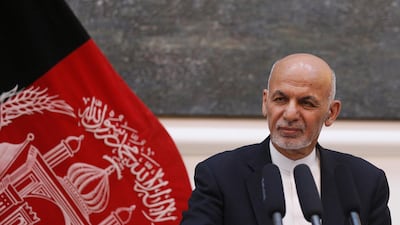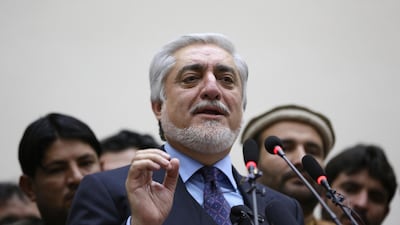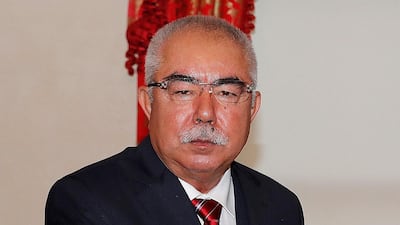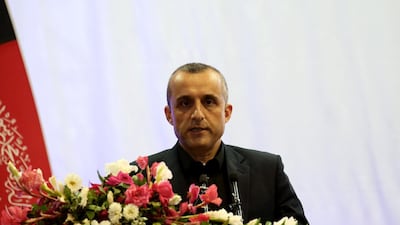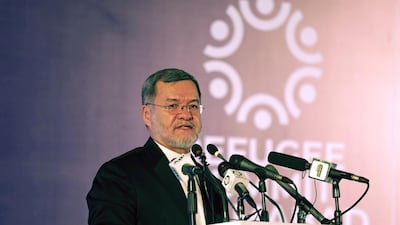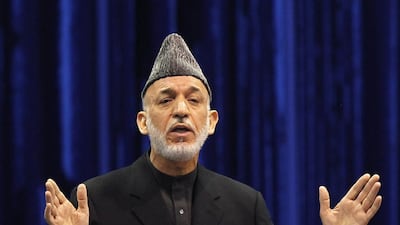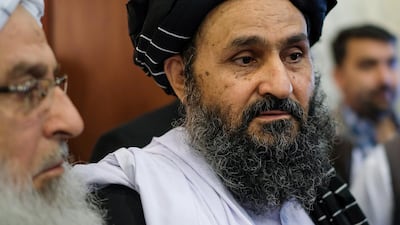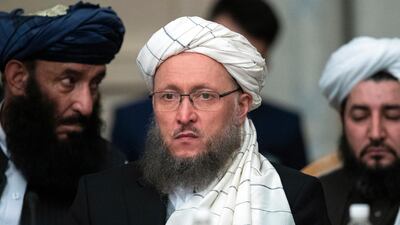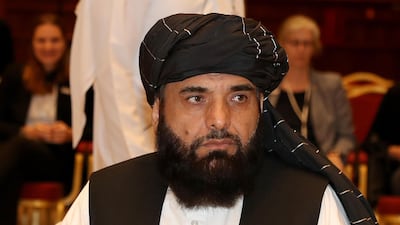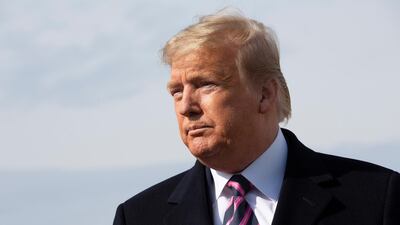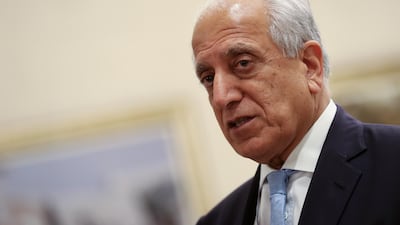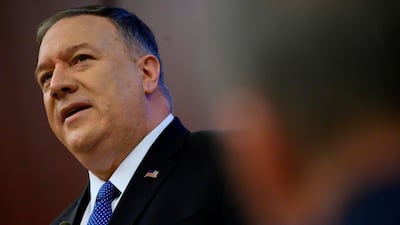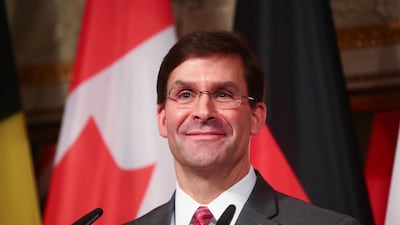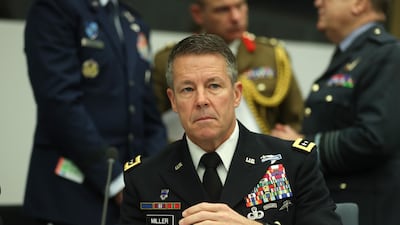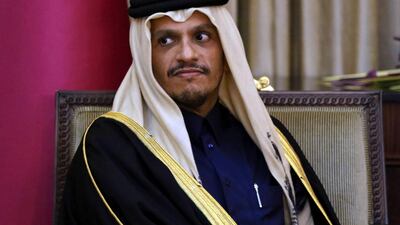Preparations are underway in Qatar’s capital Doha for the signing of a peace deal between the US and the Taliban on Saturday.
If it goes ahead, the deal would see the beginning of US troop withdrawal in Afghanistan and pave the way for peace after almost two decades of war.
Both the Taliban and the Afghan government said that a week-long reduction in violence throughout Afghanistan ahead of the signing had been a success.
Taliban spokesperson Zabiullah Mujahid said the past week had gone exceptionally well. “We honoured our commitment by reducing our operations exceptionally and our assessment of it is rather positive.”
Afghanistan’s Minister of Defence Massoud Andarabi claimed that violence had been reduced by up to 80 percent. “We hope the Taliban will continue the reduction in violence,” he said. “The Afghan National Defence Forces are ready to defend the people of Afghanistan in case they choose not to.”
While several attacks were recorded throughout the week, fighting has largely been kept to a minimum. Two attacks in the capital Kabul this week killed one person and injured a further 19, but the Taliban was quick to deny involvement.
“It is the malicious work of intelligence networks trying to create distrust,” Taliban spokesperson Zabiullah Mujahid said in a Twitter post.
Sporadic fighting throughout the provinces occurred, but large-scale attacks were avoided. Afghanistan’s National Army has switched to a defensive position towards the Taliban, while offensively fighting Al Qaeda and ISIS in the country, according to the Ministry of Defence.
“If the Taliban keeps the reduction in violence up, our operations will remain defensive only,” said the Ministry of Defence’s spokesperson Fawad Aman.
Today’s signing ceremony is to be attended by senior Taliban officials and the US’s Special Representative Zalmay Khalilzad, who has largely been leading negotiations between Washington and the militants.
US Defence Secretary Mark Esper and Nato Chief Jens Stoltenberg are due to visit Kabul on Saturday. A joint declaration after the signing will be announced in Doha and Kabul simultaneously.
Throughout the capital, tensions have eased over the past week. US general Austin Scott Miller strolled the streets of Kabul on Wednesday, accompanied by Afghanistan’s Minster of Defence Asadullah Khalid. Both took the time to speak to pedestrians and to visit shops.
“There has been a positive feeling among Afghans,” said the Afghan Analysts Network’s researcher Ali Adili, adding however that many were worried about the next steps.
Afghanistan has seen more than four decades of war - including almost 20 years of conflict between the US and the Taliban - with the Taliban now holding about half of Afghanistan once again.
The week’s reduction in violence has been overshadowed by the outcomes of the Afghan presidential elections that saw President Afghan Ghani win another five year term in office - after election results had been delayed since last September due to complaints and fraud claims.
Mr Ghani’s main rival, Dr Abdullah Abdullah called the results inaccurate and fraudulent, declared himself a winner too and proceeded to form his own government.
Mr Ghani’s inauguration, planned for Thursday - just two days ahead of the signing of the U.S.-Taliban deal, was postponed to March 9.
US Special Representative Zalmay Khalilzad, who has been leading peace negotiations from the American side, welcomed the decision.
The US State Department issued a statement thanking “the Afghan government for agreeing to postpone the presidential inauguration.”
Disputes between the Ghani administration and Dr Abdullah - for the past give years the Chief Executive of the Islamic Republic, brokered in a power-sharing deal between the two rivals - have contributed to people’s worries.
Both a divided government and the presence of other militant groups in the country could hinder lasting peace in Afghanistan, and the reduction of US troops - possibly down to 8,600 in the coming months already - has raised questions about maintaining enough security. “There is both fear and hope,” Mr Adili said.
The signing of the US-Taliban deal would lead to direct negotiations between the Taliban and the Afghan government – despite the former not recognising the legitimacy of the latter - to lay out a future peace plan for Afghanistan.
The Afghan government has been largely left out of negotiations between the US and the Taliban, but a brokered deal would see the two sides take up direct negotiations, with the potential of the two groups agreeing to establish a joint interim government if such direct talks deem successful.

